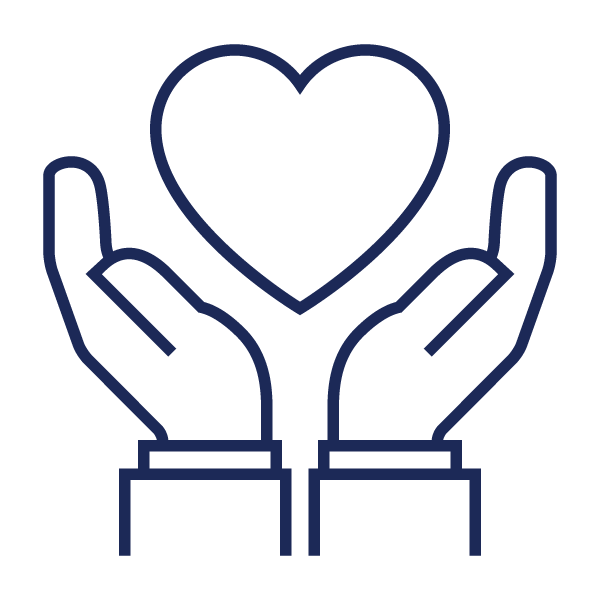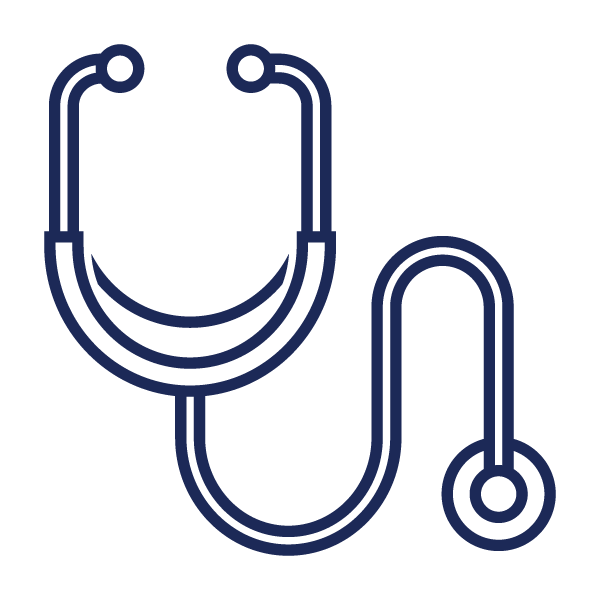Our Goals
At iHelp, we utilize education as the underpinning of our efforts to foster sustainable, community-oriented programs that address healthcare disparities in the communities that we serve. Through our medical education initiatives, we strive to create effective, far-reaching programs in underserved communities in our practice regions. We do this through two main avenues:

1. Community and Behaviors
By improving and enhancing communities’ existing educational system and implementing tailored health educational interventions, we aim to create positive health impacts through promotion of healthy habits and to improve competencies in addressing regional public health issues. We believe education can further our community by enabling individuals to obtain greater work opportunities and rewards, a greater sense of control and social support, and healthier behaviors.

2. Training and Teaching
We use the Service Learning and Community Based Medical Education model to enhance the education of future healthcare providers, enhance awareness of inequities, and instill a holistic view of healthcare practice. We believe that this outlook will enable students and future healthcare professionals to become more effective, empathetic, and ethical, as civic participants, and healthcare providers.
